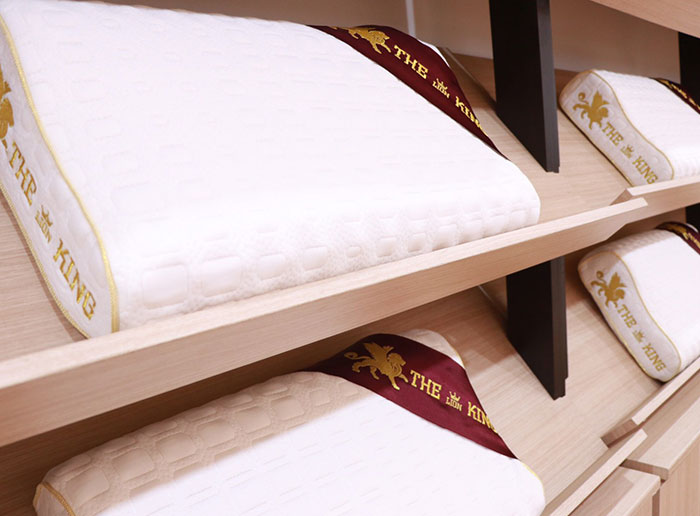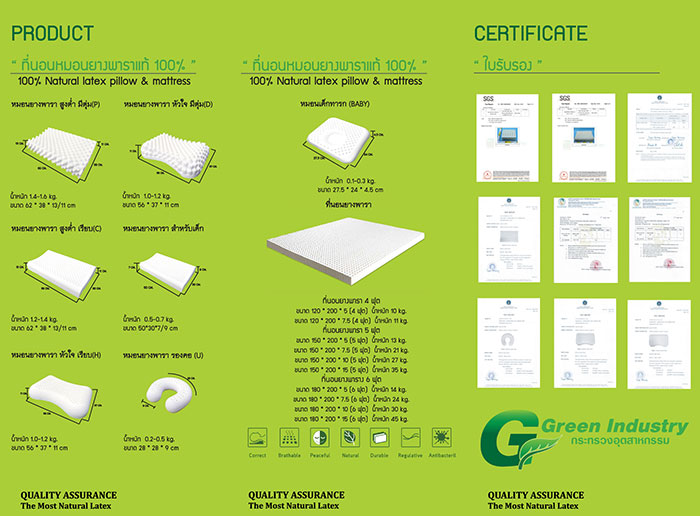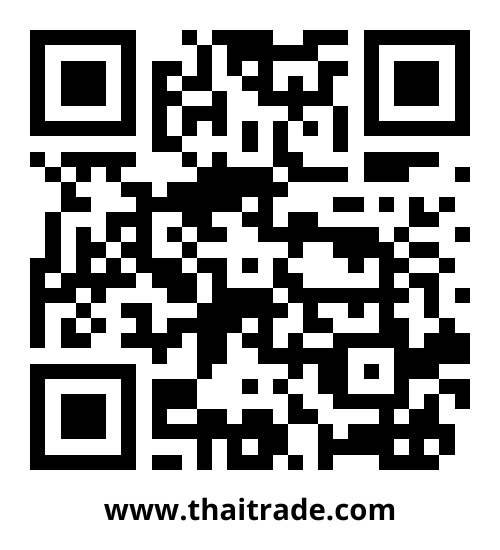
Yan Shin Min, Executive of Latex Center talks to DITP Think Thailand on how he develops natural rubber products to sell around the world.
Could you share the story behind Latex Center?
At first, we started trading since 2012 under the name of POHTHIP: 100% NATURAL LATEX, which was just to buy and sell, not manufacturing. By studying the product, contacting the suppliers and conducting marketing strategies ourselves, we saw that our 100% natural rubber products could be expanded to the world market, especially to China. Then the management decided to establish our own manufacturing base in order to control our quality and production costs, as well as to increase competitiveness in the market. Latex Center Company Limited was established in February 2018.

What makes your products different from both domestic and international competitors?
The strength of our product is the quality of the 100% natural rubber that is certified with ISO9001: 2015. In addition, feedback from our loyal customers – both through B2B and B2C channels – has ensured the quality base of our products and services. To make all our processes transparent, we allow customers to visit our production plant and always answer all our customers’ questions. Beyond that we have a 15-year product warranty.
Who are your target customers?
Now, our customers are mostly from China and Taiwan. We can target more Chinese customers from anywhere in the world. For the Thai market, we have just launched another channel to specifically target the right customers. Now our feedback is quite good, and we expect this market to rise.
How would you see the rubber industry in Thailand?
Thailand is renowned for both the quantity and quality of natural rubber. If there is support or encouragement from all possible stakeholders in the country, such as: how to produce quality products, develop the design and production methods, and use technology and digital channels to support the trade, Thailand is definitely an important market for foreigners. In my opinion, if the government could stabilise the price of latex, both in the short- and long-term, it would help increase investment and trade. In addition, quality certification is also important. If we could make our Thai certification clear, sharp, fast and trustworthy with a global standard, it would help our rubber industry.
How should Thai entrepreneurs in the rubber industry adapt to the global market?
I would say, firstly, the quality of the product must meet a variety of international customers. Secondly, entrepreneurs should know who are their right customers, and find the way to reach them through both online and offline channels. And lastly, they should learn how to adapt modern production technology to meet the needs of customers quickly and continuously.
For more information, please visit www.latexcenter.co.th
Words by Natthinee Ratanaprasidhi








